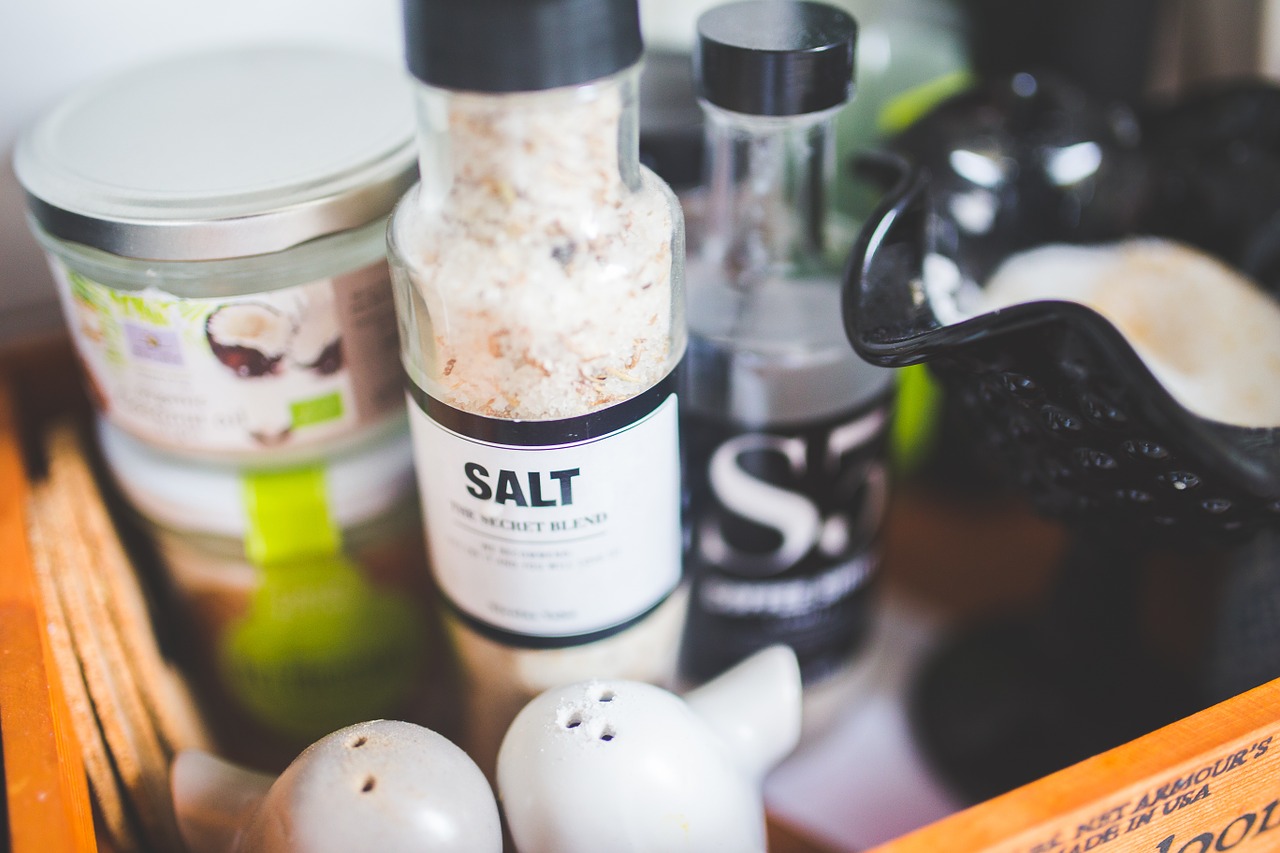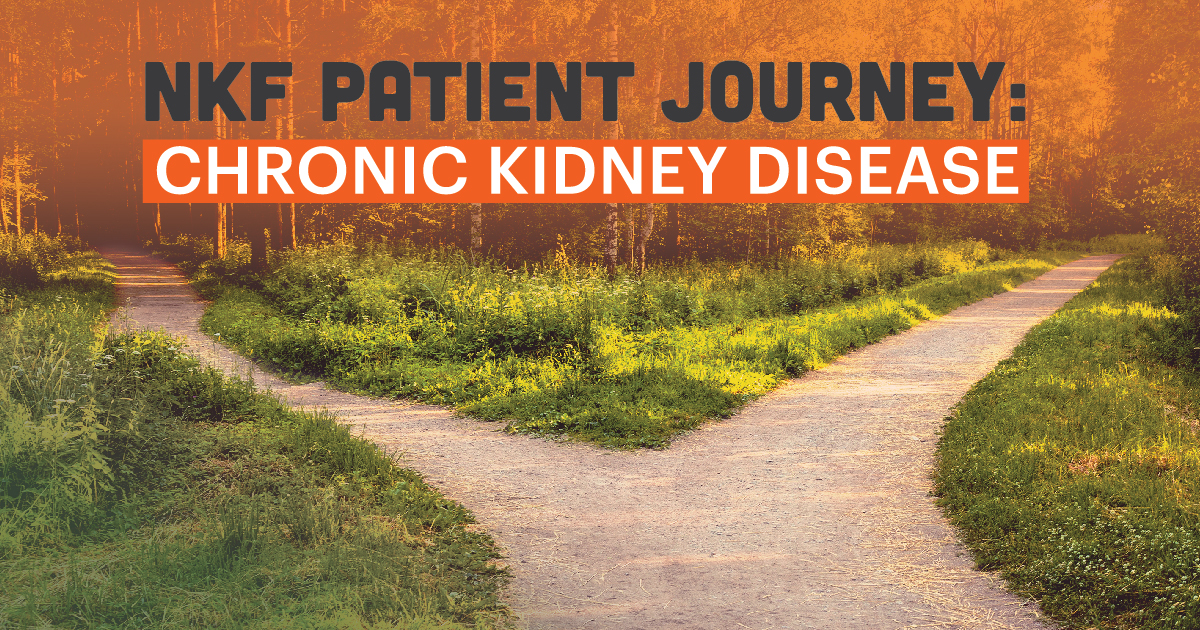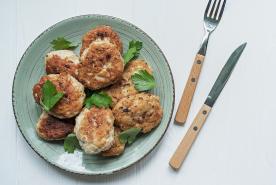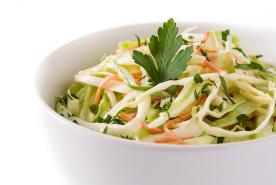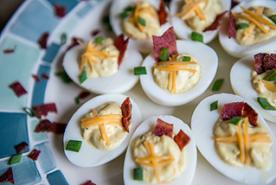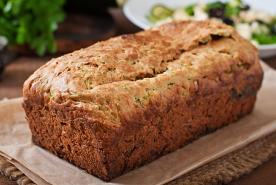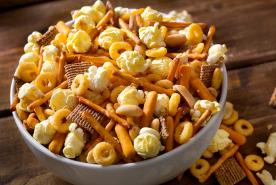June 27, 2016
It's never too late to unlearn behaviors that damage your health. Here is a list of ten common habits that you might not realize are putting pressure on your kidneys.
1. Overusing Painkillers
Over-the-counter pain medicines, such as NSAIDs (nonsteroidal anti-inflammatory drugs) and Analgesics, may alleviate your aches and pains. They can also harm the kidneys, especially if you already have kidney disease. Reduce your regular use of NSAIDs and never go over the recommended dosage.
2. Abusing the Salt Shaker
Diets high in salt or sodium can increase blood pressure and harm your kidneys. Flavor foods with herbs and spices instead of salt. It tastes just as good. Your tastebuds will adjust and you may find it easier to use less salt on your food over time.
3. Eating Processed Foods
A 2022 study found that those who eat a lot of processed foods had a 24% higher risk of kidney disease. These foods are heavily processed and packed with artificial additives, added sugar, refined carbs, unhealthy fats, and sodium, but are low in fiber, protein, and essential nutrients. Try eating more whole foods like fruits, vegetables, and grains. Speak with your healthcare practitioner or a kidney dietitian before changing your diet.
Join the NKF Blog Newsletter
Get inspirational stories and kidney disease resources delivered to your inbox every month. You'll gain practical insights and expert advice to help you better understand and manage your kidney health no matter where you are on your kidney journey. Subscribe today.
4. Not Drinking Enough Water
Without enough water, you risk kidney damage, especially if you’re working hard or in hot weather. Water helps kidneys remove waste. It also helps prevent kidney stones and makes UTI medicine work better. Those with late-stage kidney disease may need to restrict fluids. Ask your healthcare practitioner how much water you should drink.
6. Eating Too Much Meat
Protein is an important part of our diet. It helps people build muscle, heal, fight infections, and stay healthy. The amount of protein we need depends on our age, sex, and health. Animal proteins, like meat, dairy, and eggs, contain all the essential building blocks, but some can be high in unhealthy fats. Fish, poultry, and low-fat dairy have less of these fats, making them better for heart health. If you have kidney disease, though, your body might struggle to remove all the protein waste.
7. Eating Too Much Sugar
Sugar contributes to obesity. Obesity can increase the risk of developing high blood pressure and diabetes, the two leading causes of kidney disease. You can find sugar in many places, like desserts, drinks, and foods you may not consider sweet. Pay attention to the ingredients when buying packaged goods to avoid added sugar in your diet.
Learn about six foods with added sugar that will surprise you.
9. Drinking Alcohol in Excess
Heavy drinking can harm the kidneys. For women or those assigned female at birth, that’s more than three drinks a day (or more than seven per week). For men or those assigned male at birth, that’s more than four drinks in a day (or more than 14 per week).
Alcohol changes how kidneys work. Besides filtering blood, kidneys help keep the right amount of water in your body. Alcohol can interfere with this balance by dehydrating the body. Drinking too much alcohol also can raise blood pressure, a leading cause of kidney disease, and harm the liver, making the kidneys work harder.
10. Sitting Still
Regular exercise offers many health benefits, especially for people with kidney disease. It helps people maintain a healthy weight, blood pressure, and cholesterol levels. One study showed that people with advanced kidney disease who exercised regularly had about a 50% lower risk of death compared to those who didn’t.
This article is for educational purposes only. Always speak with a healthcare professional before changing or adjusting your diet or exercise routine.
